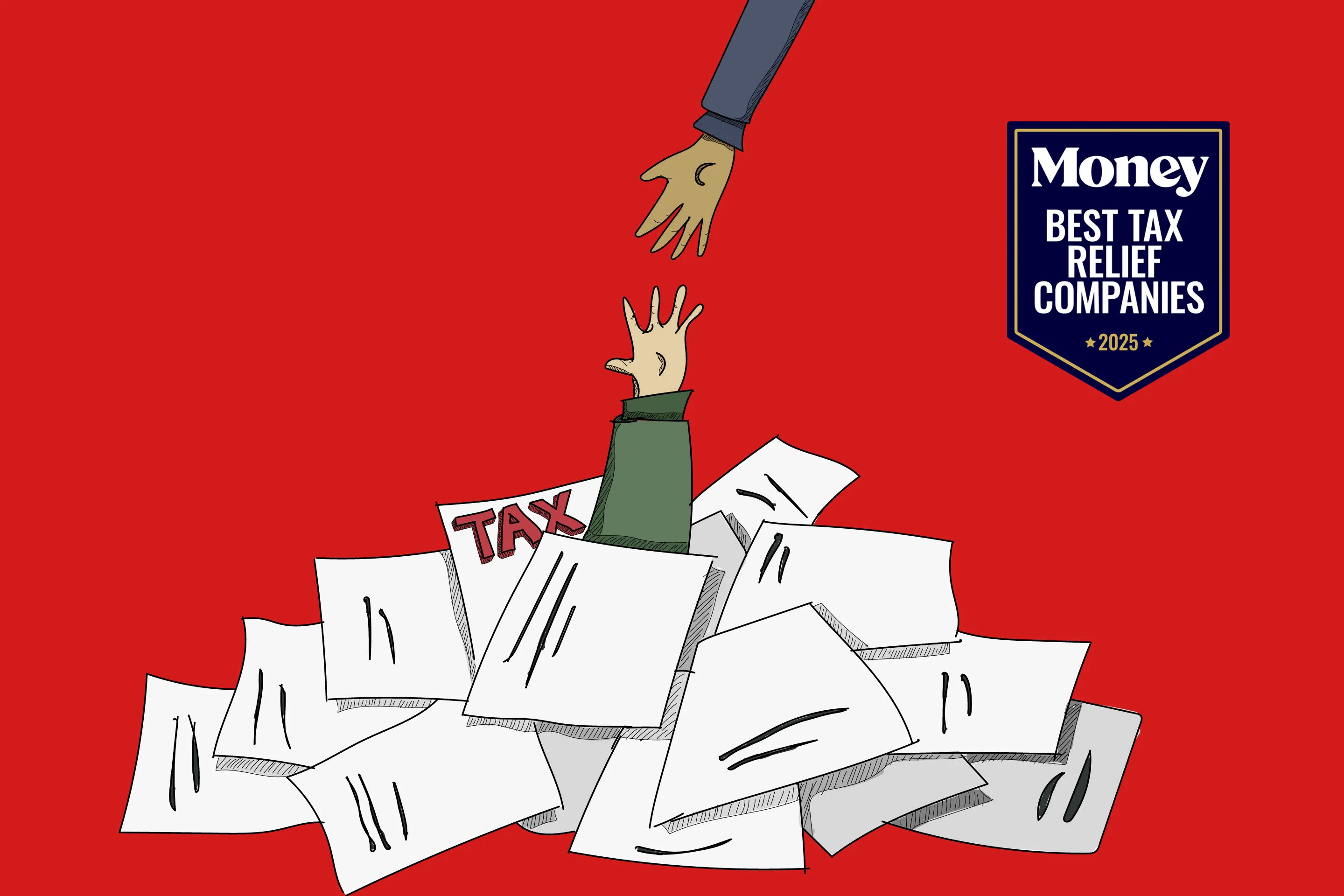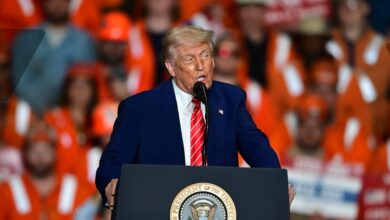Why Must Americans Pay Tariffs?
A Closer Look at Tariffs: Who Really Pays?
The Trump Administration has been vocal about the belief that tariffs are paid for by foreigners. While this may hold true under specific conditions, the reality is far more complex. In theory, a tariff could be absorbed by a foreign producer if certain criteria are met:
- If the importing country holds significant market power,
- If the exporting country has price control,
- If there is no retaliation from foreign markets.
In such cases, a small tariff could prompt the exporting country to lower prices in order to maintain market share, leading them to absorb a portion or all of the tariff cost. However, despite the US meeting some of the criteria on paper as one of the largest players in global trade, the reality paints a different picture.
Contrary to the administration’s claims, tariffs imposed by the US are primarily paid by American consumers and businesses. But why does this happen? One might be tempted to attribute it to factors like greed or politics, as seen in recent publicized cases involving major companies.
However, a deeper understanding of trade theory reveals the underlying reasons for this outcome. While traditional trade models often treat countries as singular entities for simplicity, the actual transactions occur between individuals rather than nations.
In reality, a firm in one country is engaging with a firm in another, with individual buyers and sellers driving the trade dynamics. This individualistic approach undermines the notion of countries passing on tariffs to foreign producers, as the ultimate decision-makers are at the individual level.
The misconception of treating a country as a unified entity akin to a firm overlooks the intricate nature of trade relationships and the decentralized nature of economic decisions. The failure to acknowledge this fundamental principle has led to misguided predictions and policies by the current administration.
Ultimately, the belief that American market power can shift the burden of tariffs onto foreign entities disregards the nuanced reality of trade dynamics. Economic choices are driven by individuals, not abstract national entities, and any policy or negotiation must account for this foundational principle.
As we navigate the complexities of global trade, it is essential to embrace methodological individualism and recognize the pivotal role of individuals in shaping economic outcomes. By understanding the true drivers of trade interactions, we can develop more informed and effective policies that align with the intricacies of the market.





